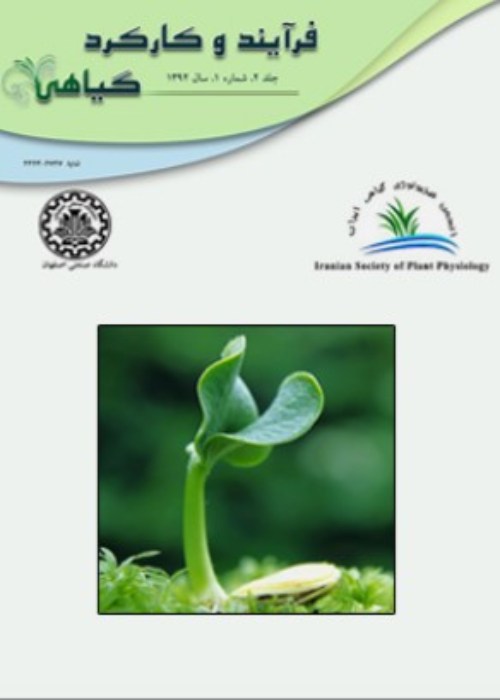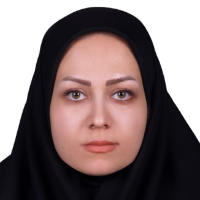The effect of growth media on yield components, physiological and phytochemical characteristics of lemon balm (Melissa officinalis L.) under silicon foliar spraying
Lemon balm (Melissa officinalis) is a valuable medicinal plant in the Mediterranean and West Asia. Silica is also emphasized as a very important element in improving the behavior of plants. Today, and especially in adverse environmental conditions, soilless cultivation systems are among the most important technologies of the day. Considering the growing importance of this type of cultivation technique, a factorial experiment in the form of a completely randomized design with four silica treatments with concentrations of zero, 0.75, 1.5 and 2.25 mM and three repetitions in four cultivation beds including soil and sand (soil derivatives), soil and vermicompost (soil derivatives), perlite (without soil and feeding with nutrient solution with Hoagland base), perlite and cocopeat (without soil and feeding with nutrient solution with Hoagland base) were done. After seedling cultivation and the completion of vegetative growth, growth, morphological, physiological and phytochemical indicators, including root length, fresh and dry weight of aerial organs and roots, relative humidity of leaves, photosynthetic pigments, total phenolics, total flavonoids, antioxidant activity, oxidation, yield and percentage of essential oil, were measured. The results showed that the interaction effect of silicon with culture media on morpho-physiological and biochemical indicators of marigold was significant at the level of 1% difference. However, growth and physiological indicators in the perlite culture bed had the highest averages compared to other beds. Increasing the concentration of silicon improved the performance to some extent, but the best results were obtained at a concentration of 1.5 mM. The highest amount of essential oil yield (0.06 mg per plant) was obtained in field soil conditions without silicon foliar spraying, and the highest percentage of essential oil (0.8%) was obtained in perlite culture medium with 2.25 mM silicon. Also, the highest amount of total phenol (140 mg/g dry matter) was obtained in the soil culture system, and 2.25 mM silicon and antioxidant activity (55 mg/g dry matter) were obtained in the soil culture medium and no use of silicon. According to the obtained results, it seems that despite the increasing effect of silicon on the growth parameters, the field soil substrate without the application of silicon has the best results on the secondary metabolites of the plant and is economical.
- حق عضویت دریافتی صرف حمایت از نشریات عضو و نگهداری، تکمیل و توسعه مگیران میشود.
- پرداخت حق اشتراک و دانلود مقالات اجازه بازنشر آن در سایر رسانههای چاپی و دیجیتال را به کاربر نمیدهد.



